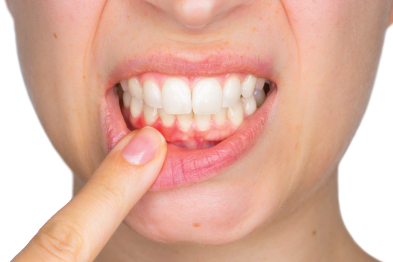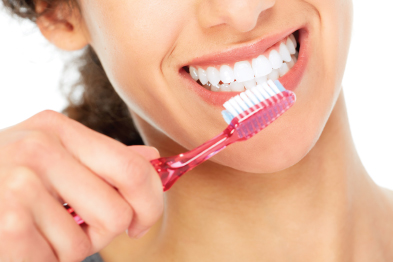Does Teeth Whitening Damage Your Enamel
Introduction
A bright, white smile is often associated with youth, health, and beauty. It’s no wonder that many of us desire a whiter smile and turn to teeth whitening treatments. However, there are concerns about whether teeth whitening can damage tooth enamel. In this blog post, we will explore the facts and debunk the myths surrounding teeth whitening and its potential impact on enamel.
Understanding Tooth Enamel
Tooth enamel is the hard, protective outer layer of the teeth. It helps guard against acidity, tooth decay, and sensitivity. However, enamel can be affected by various factors, including dental procedures and oral habits. Understanding the composition and care of tooth enamel is crucial in evaluating the effects of teeth whitening.
Types of Teeth Whitening
There are two primary types of teeth whitening: in-office professional whitening and at-home whitening kits. In-office whitening treatments typically involve higher concentrations of whitening agents, while at-home kits have lower concentrations. It’s important to understand the potential impact of each method on enamel.
Myth: Teeth Whitening Erodes Enamel
Contrary to popular belief, teeth whitening, when done correctly and with dentist supervision, does not erode enamel. While some whitening products can cause temporary tooth sensitivity, the enamel itself is not damaged. Understanding the proper usage and following dental professional recommendations are crucial for a safe whitening experience.
Protecting Enamel During Whitening
To minimize the potential for sensitivity and protect your enamel during whitening, it is recommended to use products recommended by your dentist or dental professional. They can provide guidance on the right concentrations and duration of treatment to maintain enamel health. Additionally, incorporating enamel-strengthening toothpaste and maintaining good oral hygiene practices can help protect your teeth during and after whitening.
Conclusion
Teeth whitening, when performed correctly and under professional guidance, does not damage enamel. Understanding enamel composition, proper whitening techniques, and seeking dental advice can ensure a safe and effective whitening experience. Remember, maintaining good oral hygiene practices is essential for overall oral health and enamel strength



